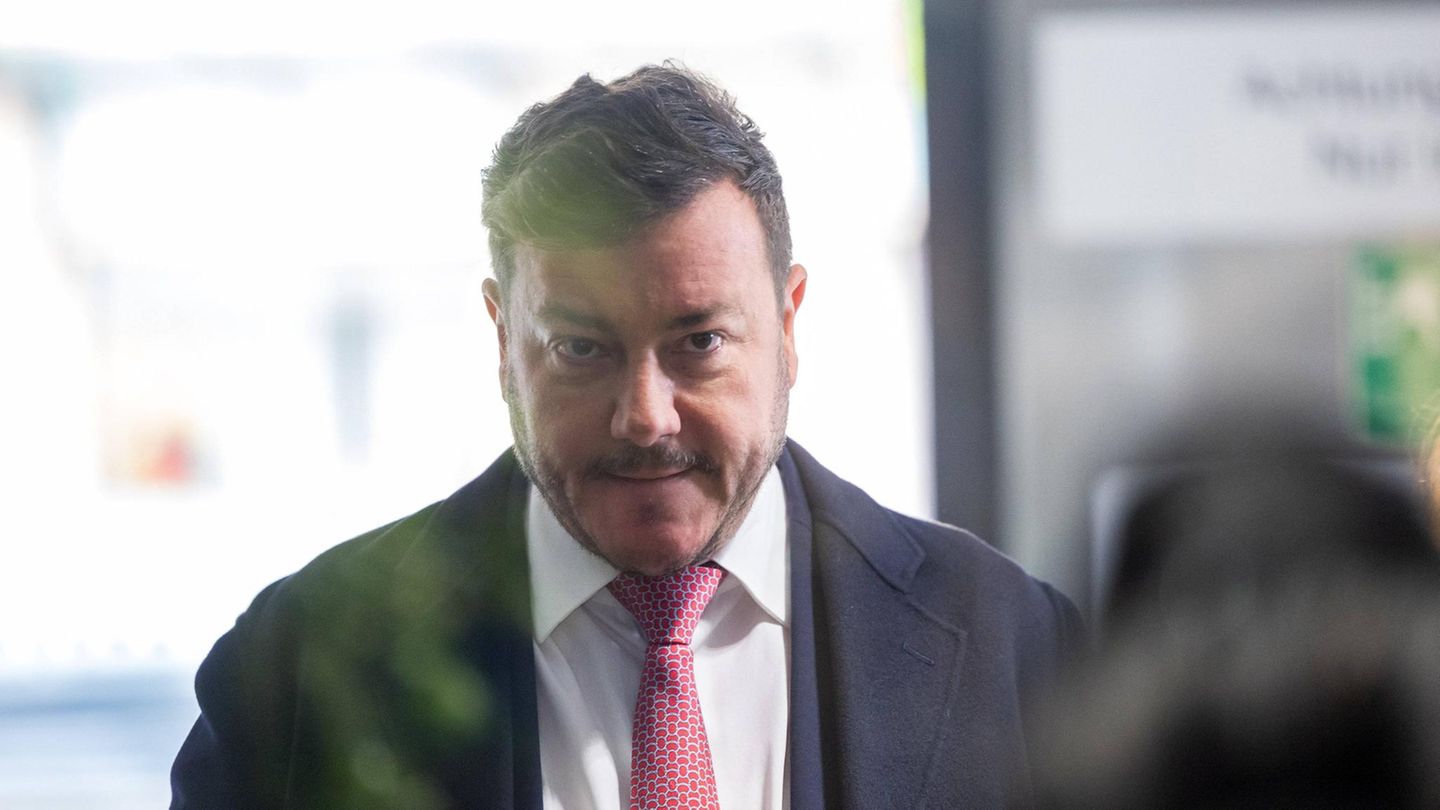In the crisis surrounding VW, IG Metall is pushing ahead and wants to negotiate the savings plans quickly. A solution that has already prevented layoffs is conceivable.
In the dispute over VW’s new savings plans, IG Metall is stepping up the pace and is putting forward a first possible solution: In order to avoid redundancies, the union can also imagine a four-day week for all employees of the core brand. “That could be one of the options,” said IG Metall chairwoman Christiane Benner on the sidelines of a collective bargaining conference in Hanover. “We should not leave any ideas unused as to how we can preserve jobs and locations.”
It is important that the plant closures and redundancies, which VW is no longer ruling out, are taken off the table, stressed Benner. “These are absolute red lines for us.” The company now wants to start talking to the company quickly in order to negotiate solutions together. “What we need now is clarity for the employees,” said Lower Saxony’s IG Metall district manager Thorsten Gröger. “That’s why we want to start talking to the company as quickly as possible and don’t want a long stalemate.”
The wage negotiations at Volkswagen, originally planned for autumn, will therefore be brought forward and negotiated in parallel with the collective agreement for the entire industry, Gröger announced. This was offered to VW, but no response has been received so far. In Lower Saxony, the wage negotiations for the metal and electrical industry will start next Thursday, and negotiations on the VW company agreement are not supposed to begin until mid or late October. IG Metall is demanding a seven percent increase in wages. VW is also not willing to deviate from this demand, Gröger stressed.
Peter Hartz prevented mass layoffs
The model for the four-day week could be the agreement that prevented massive job cuts at VW over 30 years ago. At that time, the company was also in a deep crisis, and tens of thousands of jobs were at risk. To prevent this, the then VW HR director Peter Hartz agreed a comprehensive reduction in working hours with IG Metall at the end of 1993.
From then on, all employees at the six VW locations in West Germany worked 20 percent less, with a corresponding pay cut. The regulation remained in force for more than twelve years, and it was not until October 2006 that VW employees returned to the five-day week. In return, VW gave them a job guarantee from 1994 and ruled out redundancies for operational reasons – an agreement that VW now wants to terminate after 30 years.
Resistance to austerity plans
Europe’s largest car manufacturer announced on Monday that it would further tighten the austerity measures taken at its core brand VW in view of the worsening situation. Redundancies and even the closure of entire plants, which were previously taboo at VW, are no longer being ruled out.
“This is shaking the foundations of cooperation within the company,” said Gröger. IG Metall will not accept this. “The employees are not the cause of the problems the company is currently facing.” Management errors and an incorrect model and electrical strategy are primarily to blame. “In this respect, we cannot and will not accept that the solution to these problems is carried out at the expense of the employees.”
Weil does not expect any plant closures
Lower Saxony’s Prime Minister Stephan Weil also again called on Volkswagen to avoid plant closures. Alternatives must be discussed beforehand, the SPD politician, who also sits on the VW supervisory board, told broadcaster NDR Info. He did not want to comment on specific solutions. Weil also recalled the 1993/94 crisis. As was the case then, it is now necessary to ensure “that the burdens are distributed appropriately between all those involved,” said Weil. “And I believe that in the end something like this could once again be the basis for reaching an agreement.”
The state of Lower Saxony holds 20 percent of the voting rights in the VW Group. Weil and his deputy Julia Willie Hamburg (Greens) sit on the supervisory board for the state. Together with the employee representatives, they have the majority there, and the state has a right of veto on important decisions.
Ifo expert confident despite crisis
Despite the crisis and the poor mood in the German auto industry, Ifo expert Anita Wölfl sees no reason to write off the industry. “This is not the first crisis that the automotive industry has had to go through,” says the economic researcher. And it will not be the last. In the past, the auto industry has shown itself to be very resilient in crises and strong in innovation, emphasizes Wölfl.
This adaptability was clearly evident, for example, in dealing with the supply chain difficulties of recent years or in the development of patents for electric drive trains. Overall, however, the German automotive industry reacted very late to electromobility, she complains.
VDA boss calls for better location conditions
The head of the Association of the Automotive Industry (VDA), Hildegard Müller, on the other hand, pointed primarily to structural problems that made life difficult for the industry in Germany. “Energy costs are too high, companies are suffocated by bureaucracy, and labor costs are also higher than in other regions,” said Müller on the sidelines of a press conference on the upcoming IAA Transportation commercial vehicle and logistics trade fair in Hanover.
“When people keep asking why other countries build cheaper cars, it has to do with exactly these issues,” said Müller. This is not in the hands or the responsibility of the manufacturers. “We want to continue to present the German automotive industry here, but to do this we need internationally competitive location conditions.” She did not want to comment specifically on the current situation at Volkswagen.
Source: Stern




